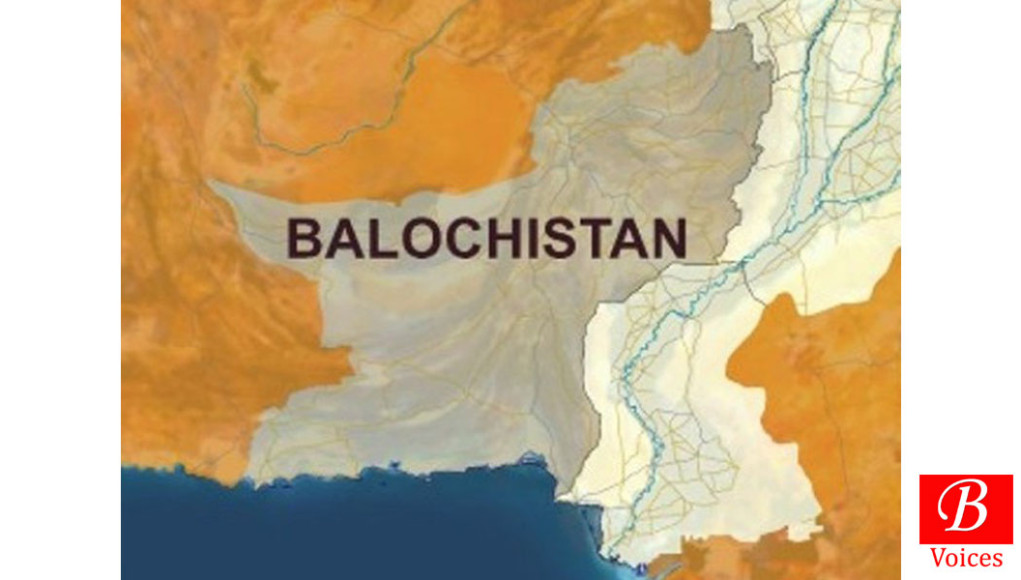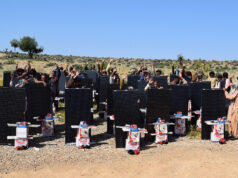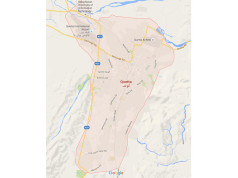 Maria Khan
Maria Khan
Balochistan, the largest and the resource-rich province of Pakistan finds itself entangled in a vortex of deprivation, which will sooner or later lead it to become a Frankenstein monster for the country. The somber shadow caste by this quagmire over Pakistan is an intractable challenge that demands prompt attention. This unabated specter of marginalization found itself entrapped between TTP on one hand and BLA on the other.
Also, a pronounced disjunction can be seen between the province’s vast energy resources and the poor standard of living of its citizens, making many believe that a ‘specific’ ethnic group is responsible for their condition. Anti-state sentiments remain common, and to be true, the feelings can be somewhat justified under certain instances. Its natural resources have become both a boon and a bane, while the country remains joyful of the abundant natural gas reserves, the Balochis themselves aren’t. This may be probably because they aren’t really receiving it.
While the province holds quite much strategic significance, the residents still continue to grapple with the poor infrastructure and the lack of basic facilities. The current census revealed that Balochistan’s population increased by 76 percent to 21.7 million, only for individuals to enter a spiraling unemployment dilemma. With its political landscape being vexingly fragmented, the residents are vacillating between the corrupt politicians and the feudal elites.
There is no doubt that Pakistan did help create the Taliban – who are responsible for instability in neighboring Afghanistan. No matter if the state proves to showcase biases, a terrorist still remains to be devoid of them. Transcending religious affiliations, a terrorist indiscriminately targets individuals and the case could be very clearly witnessed here. While Pakistan did expect a notion of favoritism from the Taliban, anything like that remained far from true. The country now finds itself in quite a precarious state, navigating through a fluctuating dynamic between TTP and BLA.
Putting aside the region’s complex security landscape, there is the case of missing persons, which has garnered international attention. Only recently was the N-25 highway blocked over a protest of a case of a missing person. While the problem is not new, it has gained momentum in the past couple of years. Not only has this issue exacerbated tensions between the state and the people but has also compelled many locals to opt for such extremist organizations in order to avenge their loved ones.
What’s more harrowing is the persistence of this dichotomy and the alienation of the Baloch people by the state and its citizens. Such an environment proves to be pretty ripe for dissent and compels people to opt for more aggressive solutions. Addressing such deep-rooted issues won’t be an easy task at all and the only way to tackle the problem is by fostering an environment of inclusive growth and having a genuine dialogue with the natives to stop further hostility. Ensuring an equitable distribution of resources can also be a step forward in pulling out the country from this treacherous quagmire.
The writer is a student of BS-IR at NUML University, Islamabad.
Disclaimer: Views expressed in this article are those of the writer and Balochistan Voices does not necessarily agree with them.
Share your comments!








